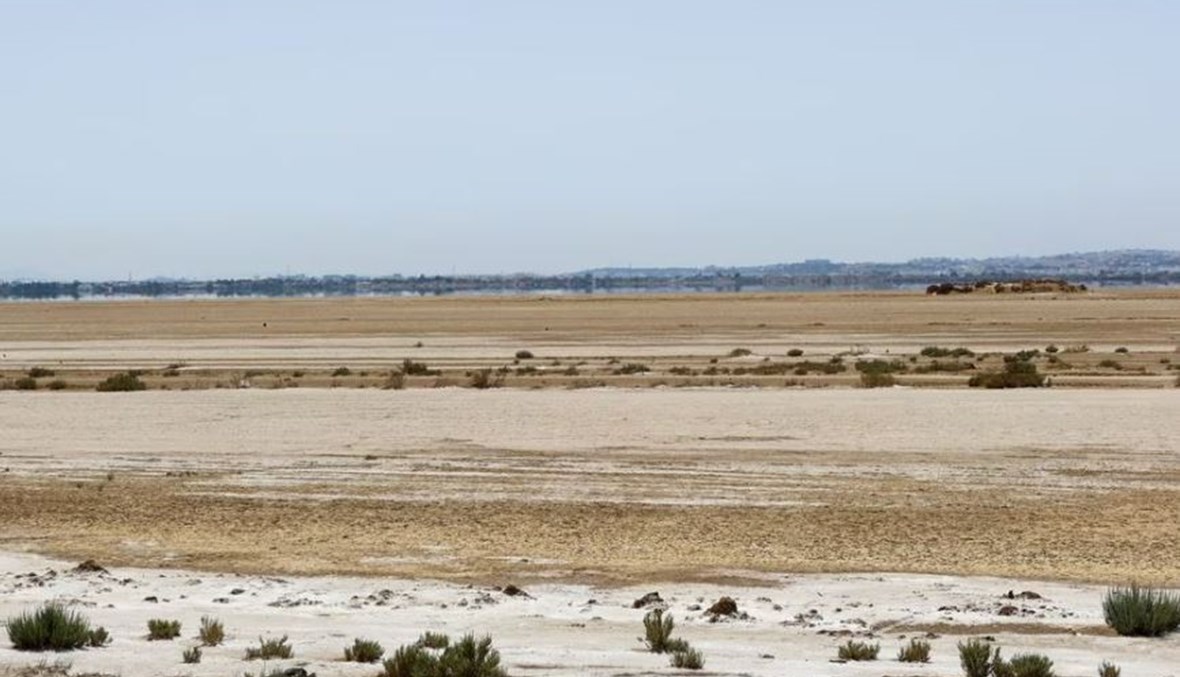Climate change is a global phenomenon that significantly affects countries around the world, including Tunisia.
The impacts of climate change in Tunisia are multiple and varied, affecting several key sectors of the economy and society.
Critical sectors
Three sectors are particularly vulnerable to climate change in Tunisia: agriculture, fishing and tourism.
The direct and indirect impacts of climate change on these sectors are already perceptible and promise to be major challenges for the future of Tunisia.
Agriculture: a weakened sector
Agriculture, which constitutes around 10% of Tunisia’s GDP, is particularly sensitive to climate change. The negative effects are manifested by a drop in agricultural yields, a degradation of water resources and a reduction in cultivable areas.
Projections indicate that cereal production, for example, could see its contribution to agricultural GDP reduced by 30 to 50% by 2100, with an estimated loss of jobs of 30% by 2050.
The expected economic losses in the agricultural sector due to climate change are substantial, representing between 5 and 10% of sectoral GDP by 2030. These losses are due to the combination of factors such as the degradation of water tables, the reduction of yields and increased risks of forest fires. In addition, the production of olives and olive oil, crucial for exports, could suffer annual losses estimated at $228 million by 2100.
Fishing: Risks and opportunities
The fishing sector in Tunisia, representing around 1.9% of GDP, is also vulnerable to the impacts of climate change. More frequent storms, heatwaves and rising sea levels will affect fish kills and toxic algae blooms, reducing fishing grounds.
However, there are also potential economic opportunities. Projections indicate a possible increase in the productivity of marine fishing areas, with an increase in fisheries resources of up to 85% by 2050 and 175% by 2100. This increase could partially offset local negative impacts, although that coastal artisanal fishing could experience a significant reduction in income and employment.
Tourism: A threatened sector
Tourism, a pillar of the Tunisian economy, is particularly exposed to the effects of climate change.
Sea level rise disrupts coastal tourism by reducing beach areas and increasing risks to coastal properties. In Tunisia, which has 1,400 km of coastline, this phenomenon is particularly worrying, with an erosion rate of 70 cm per year, the highest in the Maghreb. This situation threatens serious economic consequences for a country where tourism is crucial, thanks to the mild climate and the beauty of its beaches.
Increased operating costs
Climate change is leading to increased operating costs for hotels, particularly in terms of managing water and energy resources.
Conflicts over the use of natural resources and tensions over food supplies will also intensify, making tourist exploitation increasingly costly and complex to manage.
Environmental degradation and health risks
Environmental degradation manifests itself in a decrease in biodiversity, deterioration of ecosystems, and decline in the quality of sea and fresh water, thus affecting the tourist attractiveness of destinations.
Furthermore, increasing health risks and extreme weather events such as floods, droughts and forest fires will also disrupt the tourism sector, making certain destinations less safe and attractive for visitors.
Adaptation measures
To respond to these challenges, Tunisia must put in place effective adaptation measures.
Climate policies must take into account the specific impacts of climate change on agriculture, fishing and tourism. It is also essential to promote sustainable practices and innovative technologies to reduce greenhouse gas emissions and improve the resilience of ecosystems.




